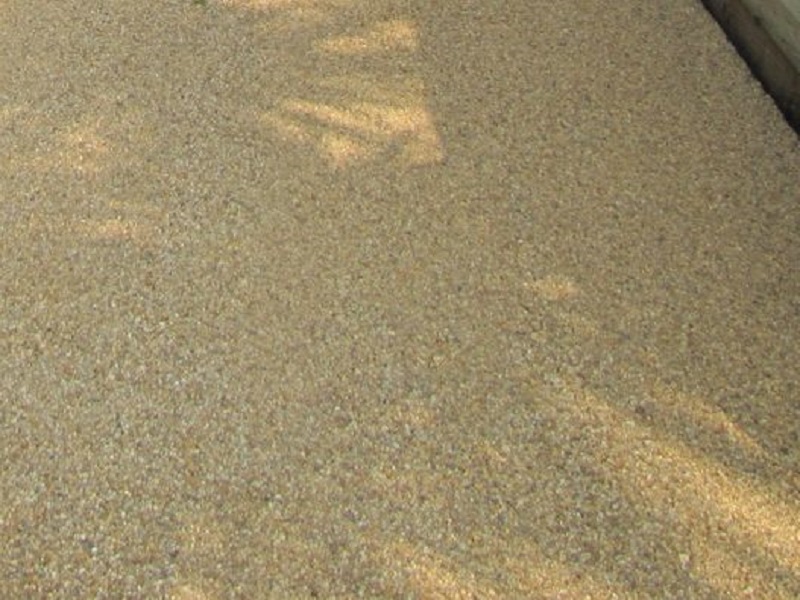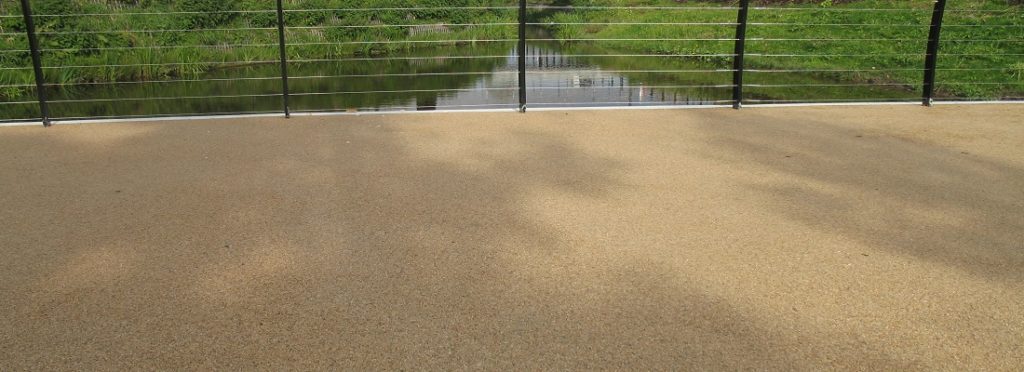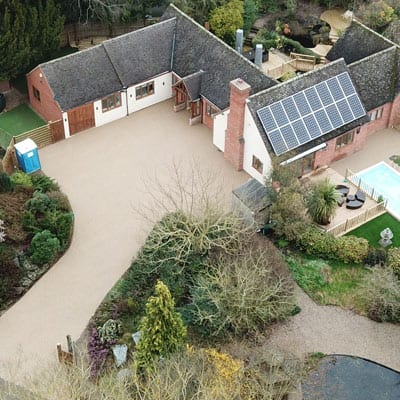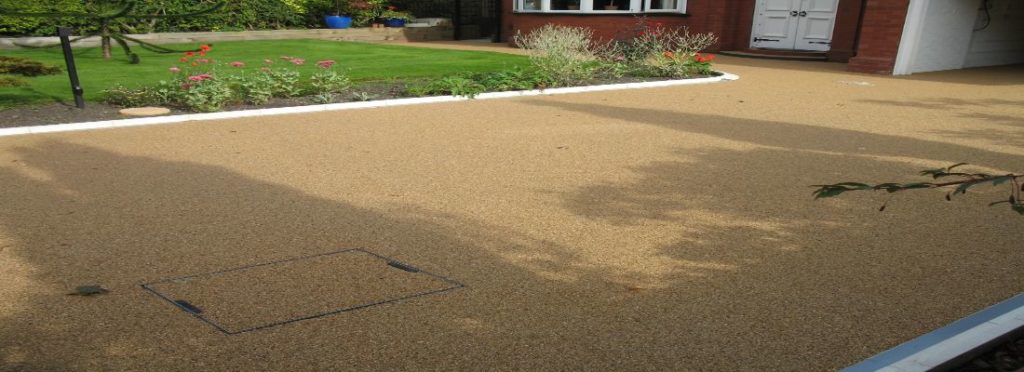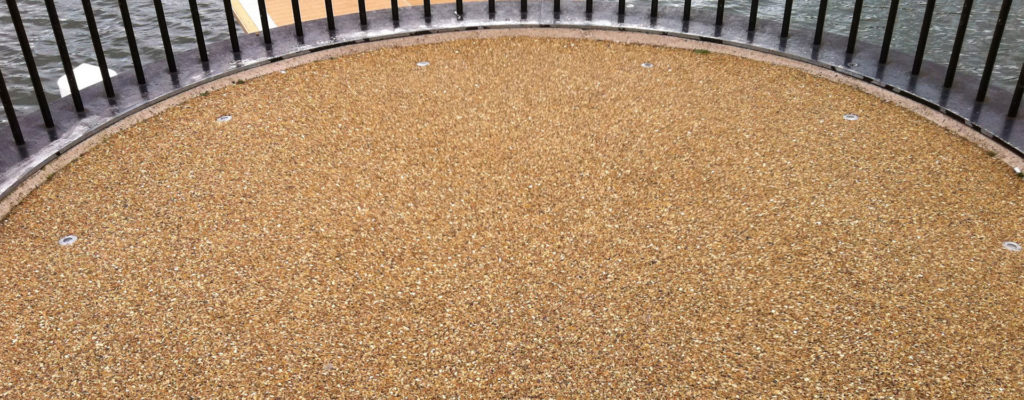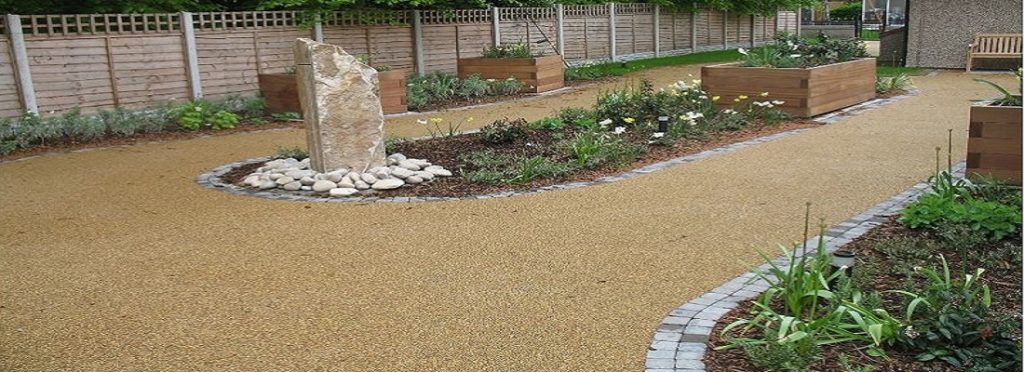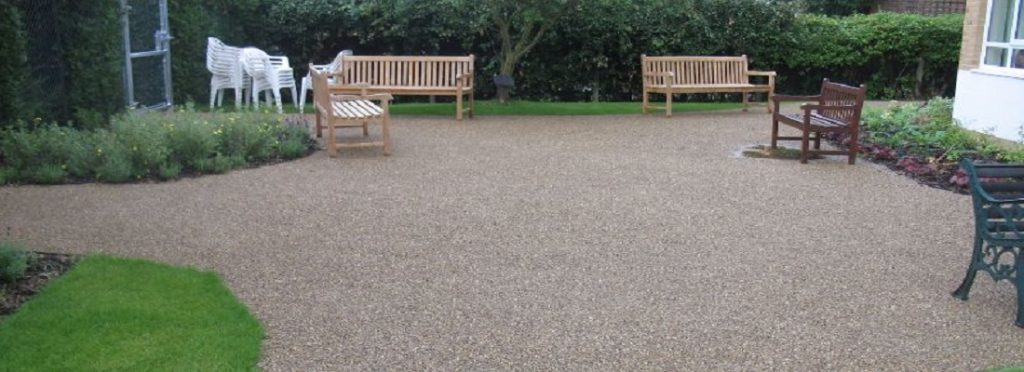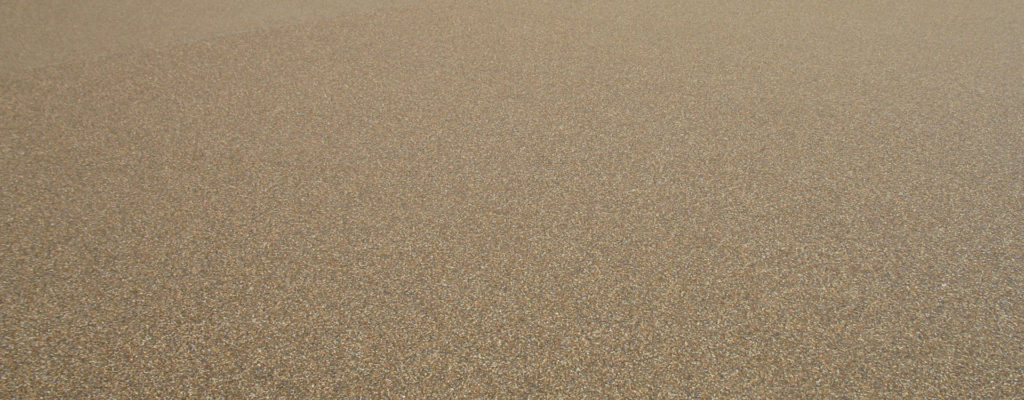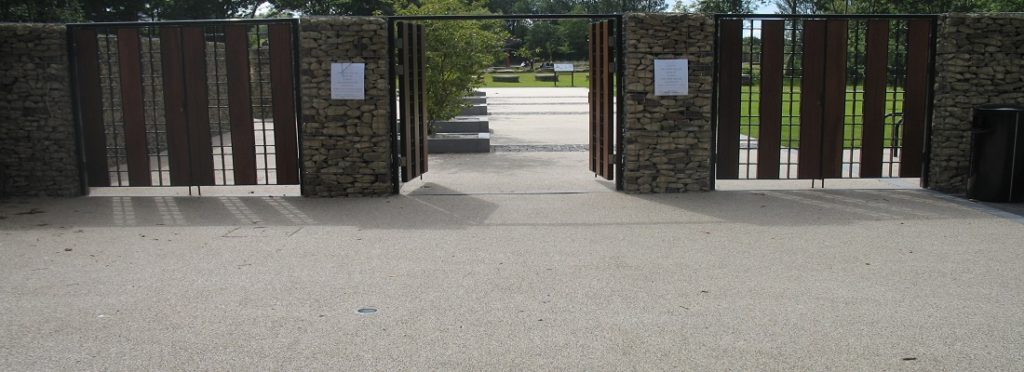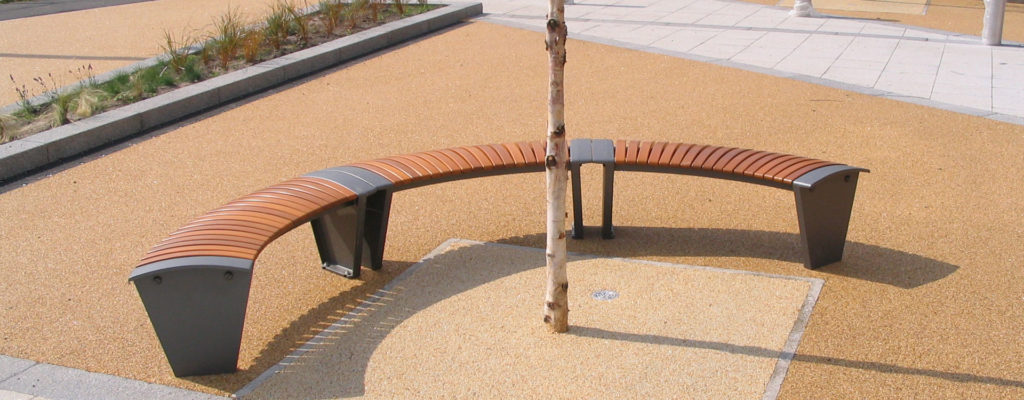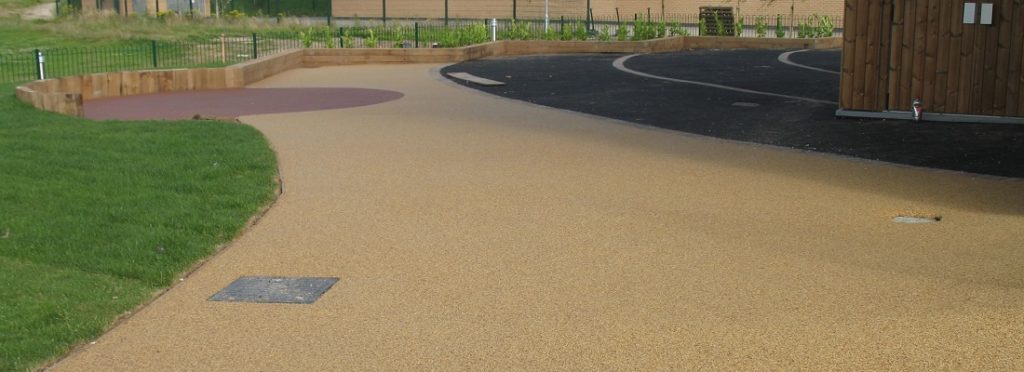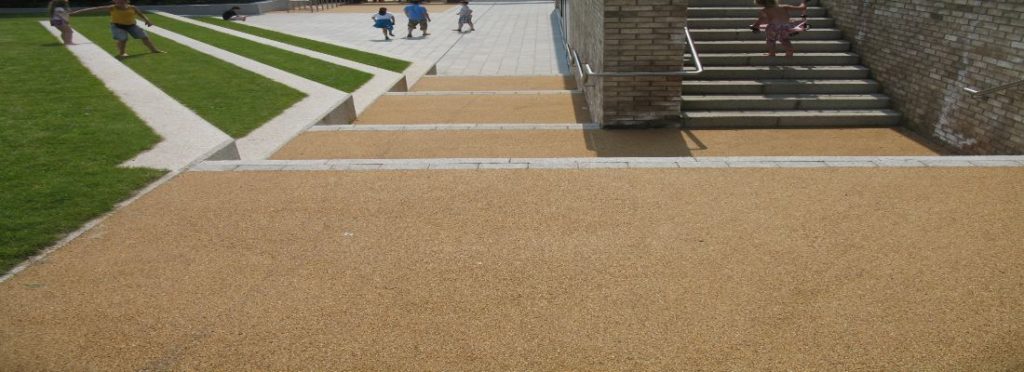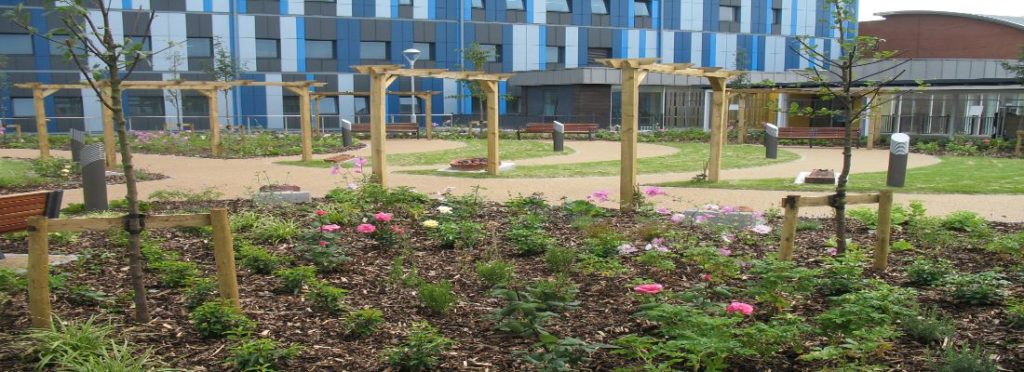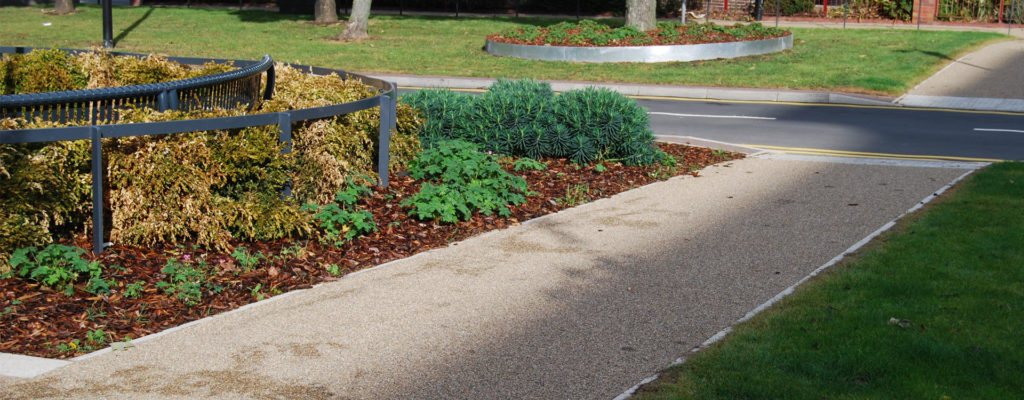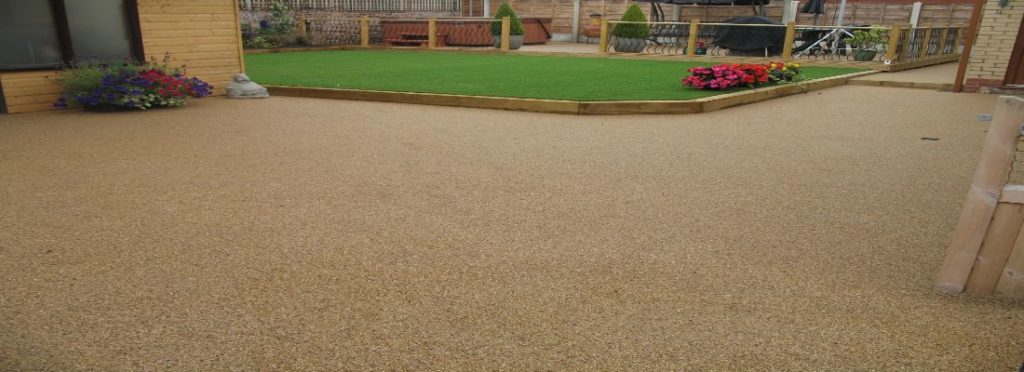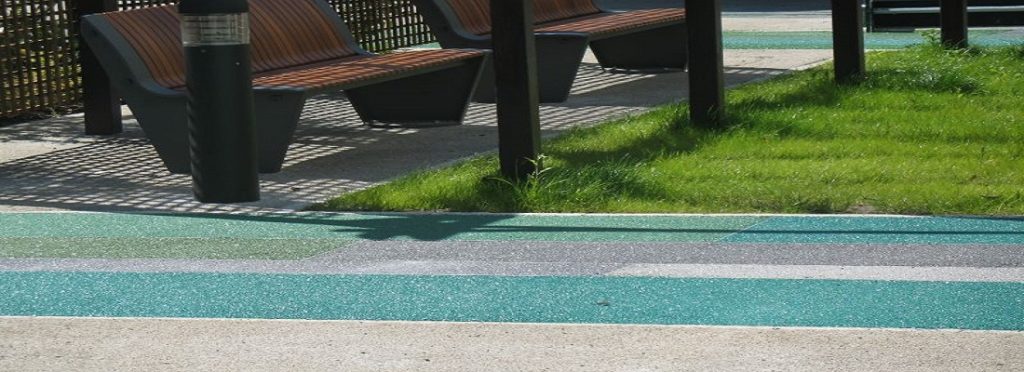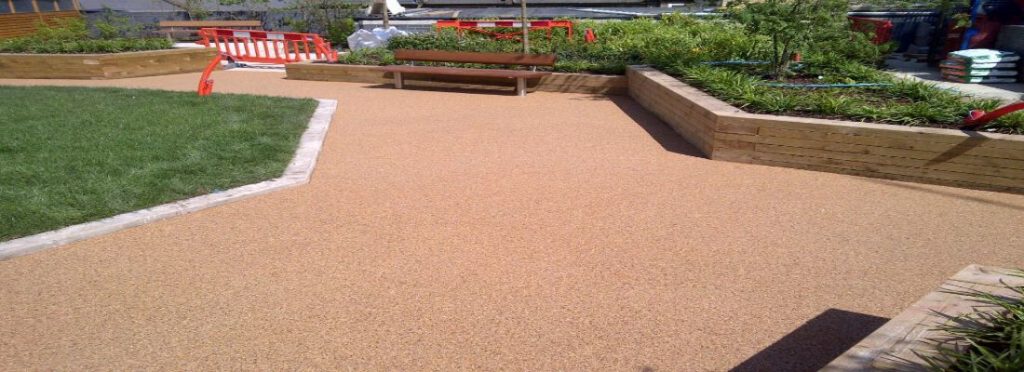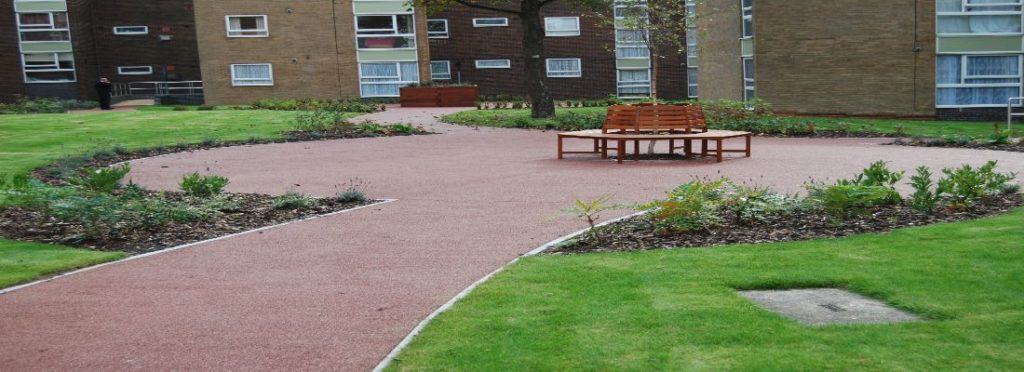Imagine a driveway that not only looks stunning, but also offers durability, permeability, and low maintenance.
In this blog post, we’ll explore the world of resin-bound surfaces in East Yorkshire, discussing their benefits, local installers, customisation options, and more.
Benefits of Resin-Bound Surfaces in East Yorkshire
Resin-bound surfaces have gained popularity in East Yorkshire due to their numerous advantages.
One of the primary benefits is their durability, as they are more hard-wearing than traditional surfacing options like tarmac, gravel, and concrete.
This makes them an ideal choice for driveways, pathways, and commercial areas that require a long-lasting surface.
Another significant advantage of resin-bound surfacing is its permeability. These surfaces allow water to pass through, reducing the risk of flooding and complying with Sustainable Urban Drainage Systems (SUDS).
This means that East Riding residents can enjoy a functional, eco-friendly surface that effectively manages water drainage.
Moreover, resin-bound surfaces are available in several different colours and designs. This means that homeowners in East Yorkshire can customize their driveways and pathways to complement their property’s aesthetic.
With so many benefits, it’s no wonder that resin-bound surfacing is becoming increasingly popular in the region.
Local Resin-Bound Surface Installers
When it comes to installing resin-bound surfaces in East Yorkshire, local installers are the way to go.
They provide a range of services, including designing and installing resin-bound driveways, pathways, patios, and balconies, with various colours and designs available.
Prestige Paving and Landscapes Ltd and BDS Yorkshire are just two examples of local companies that offer resin-bound driveway services in the area.
Hiring a professional company is essential to ensure a high-quality installation. Part-time or amateur installers may lack the experience and expertise needed to achieve an optimal outcome.
Local installers not only provide design and installation services but also offer competitive price quotations and assistance with selecting the best materials for your project.
By choosing a local installer, you can expect personalized service and a team of specialists with in-depth knowledge of resin-bound surfaces.
Customising Your Resin-Bound Surface
One of the most appealing aspects of resin-bound surfaces is the ability to customise them. Homeowners in East Yorkshire have complete control over the final look of their project.
Several colours and designs are available for resin-bound surfacing. This means you can create a surface that perfectly complements your property’s aesthetic.
In addition to colour options, you can also choose from a variety of textures and incorporate features such as edging and drainage.
This flexibility allows you to design a resin-bound surface that is both functional and visually appealing.
To ensure the best results, it’s essential to work closely with your chosen installer. They will help guide you through the customisation process, ensuring you select the most suitable colours, textures, and additional features for your unique project.
The result will be a stunning and durable resin-bound surface enhancing your property.
Installation Process for Resin-Bound Gravel Paving
The installation process for resin-bound gravel is relatively straightforward. It begins with preparing the foundation, which may involve removing an existing surface if it’s unsuitable for the expected traffic.
A reliable and permeable sub-base is then laid to ensure the durability of the surface over its lifespan.
Next, the aggregate and a clear binder are applied to create the resin-bound surface. This combination of gravel and polyurethane binder forms a SUDS-compliant permeable surface that is both durable and visually appealing.
In most cases, contractors can ensure that a new base is permeable and SuDS compliant, allowing for efficient drainage and reducing the risk of flooding.
By following these steps, you’ll have a beautiful and functional resin-bound gravel surface built to last.
Comparing Resin-Bound and Other Surfacing Options
When compared to other surfacing options, resin-bound surfaces stand out in terms of durability and maintenance.
They are more durable than tarmac, gravel, concrete, or block paving, making them a long-lasting solution for driveways and other surfaces.
This means that homeowners in East Riding can enjoy a surface that requires less frequent repair or replacement.
In addition to their durability, resin-bound surfaces also require less maintenance than traditional options.
Regular cleaning and weed removal are necessary to maintain their porosity and safety, but this is generally less time-consuming than maintaining tarmac, concrete, or block paving.
Another advantage of resin-bound surfaces is their aesthetic appeal. With a wide range of colours and designs available, homeowners can create a unique and visually stunning surface that enhances their property.
Overall, resin-bound surfaces offer numerous benefits compared to traditional surfacing options, making them an ideal choice for homeowners in East Yorkshire.
Maintaining Your Resin-Bound Surface
To keep your resin-bound surface in top condition, regular cleaning and weed removal are essential.
This maintenance helps preserve the porosity and safety of your surface, ensuring it remains functional and attractive for years to come.
When it comes to cleaning, a contamination killer is recommended for the removal of weeds from resin-bound surfaces. Avoid using oil-based products, as they can damage the surface and reduce its lifespan.
In addition to cleaning, it’s essential to inspect your surface regularly for any signs of damage or wear and address any issues promptly.
For those who prefer a professional touch, services like Rockpave Clean & Care can help maintain the quality and aesthetics of your resin-bound surface.
By following these maintenance tips, you’ll ensure that your resin-bound surface remains a beautiful and functional addition to your property.
Environmental Benefits of Resin-Bound Surfaces
Resin-bound surfaces offer several environmental benefits, making them an eco-friendly choice for homeowners in East Yorkshire.
One of the primary advantages is their permeability, which allows water to pass through the surface and reduces runoff. This helps prevent flooding and complies with Sustainable Urban Drainage Systems (SUDS).
In addition to their permeability, resin-bound surfaces are also manufactured using natural stone and gravel aggregate, making them a more sustainable option compared to other surfacing materials.
By choosing a resin-bound surface, you’re not only investing in a durable and attractive solution for your property but also contributing to a greener environment.
As more East Riding homeowners becoming environmentally conscious, resin-bound surfaces are emerging as a popular choice for driveways, pathways, and other surfaces.
Their permeability, reduced runoff, and use of natural materials make them an environmentally friendly option that doesn’t compromise on aesthetics or functionality.
Cost Factors for Resin-Bound Surfaces in East Yorkshire
When considering resin-bound surfaces in East Yorkshire, several cost factors come into play. The area size, for instance, can impact the overall cost, as a larger surface requires more materials and labour.
Additionally, the complexity of the project and the experience of the installer can also affect the cost of labour.
The choice of stone and the use of UV-resistant resin can also have an impact on the cost of your resin-bound surface.
Higher-quality stones and UV-resistant resin may result in a higher overall cost, but they also ensure a longer-lasting and more durable surface.
By understanding these cost factors, you can make informed decisions when selecting materials and installers for your resin-bound surface project.
Working with a professional company that offers competitive pricing and quality materials will help ensure that you get the best value for your investment.
Preparing Your Property for a Resin-Bound Surface Installation
Before installing a resin-bound surface, it’s essential to prepare your property adequately. Start by removing the existing cover if it’s unsuitable for the expected traffic. Next, ensure the sub-base is secure and free from visible fractures.
To guarantee a level surface, sweep the area and make sure it is dry and free from dust. If the surface is soil or grass, groundwork preparation is necessary.
Proper preparation will ensure a successful installation and a resin-bound surface that lasts for years to come.
Frequently Asked Questions
How Much Does Resin Driveway Cost Per M2 UK?
If you’re looking for a resin driveway in the UK, the average cost per m2 will range from £40 to £170, depending on size, shape and ground conditions.
On average, a 40m2 driveway should cost around £4,000 but could vary between £1,600-£8,000.
Is Resin Cheaper Than Paving?
Compared to paving, resin surfaces provide significant cost savings in the long run due to their low-maintenance requirements and long-lasting durability.
Additionally, the resin is often cheaper upfront, making it a great choice for those looking to save money on outdoor improvements.
Is Resin Bond Cheaper Than Tarmac?
In comparison to tarmac, a resin driveway is generally less expensive, depending on the level of aggregate and the amount of resin used. It can cost up to half the price of a tarmac driveway.
This could be especially beneficial if you’re looking to refurbish an older home with a tarmac driveway. Ultimately, the resin is a great option for affordability and quality.
Do You Need Planning Permission for a Resin-Bound Paving Driveway?
Generally, resin-bound driveways do not require planning permission. This is due to the fact that they are a type of permeable driveway and adhere to size requirements stated by local authorities.
Therefore, you can have confidence in building resin driveways without the need to apply for planning permission.
Summary
In conclusion, resin-bound surfaces offer numerous benefits for East Yorkshire homeowners, including durability, permeability, and environmental friendliness.
With a variety of customization options, local installers, and maintenance tips, it’s easy to see why these surfaces are becoming increasingly popular.
If you’re considering a new driveway or pathway, a resin-bound surface could be the perfect solution that combines functionality, aesthetics, and sustainability.
Transform your property with a resin-bound surface today!

